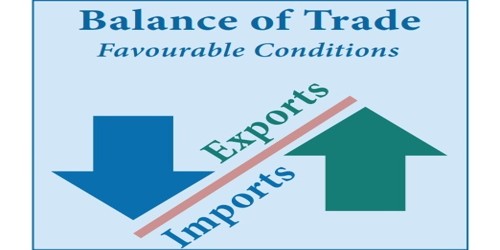Insurance is an essential component of personal finance, providing protection against unanticipated expenses.
In today's dynamic and ever-changing economy, keeping track of various economic indicators is critical for businesses and policymakers alike.
Staying informed with the latest financial news is crucial for effective financial management.
Insurance premiums are a crucial aspect of any insurance policy.










